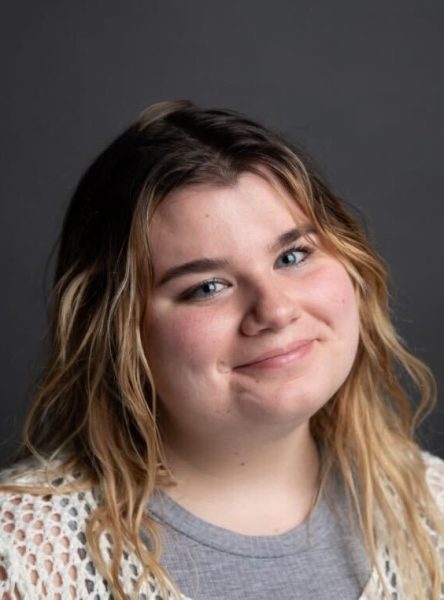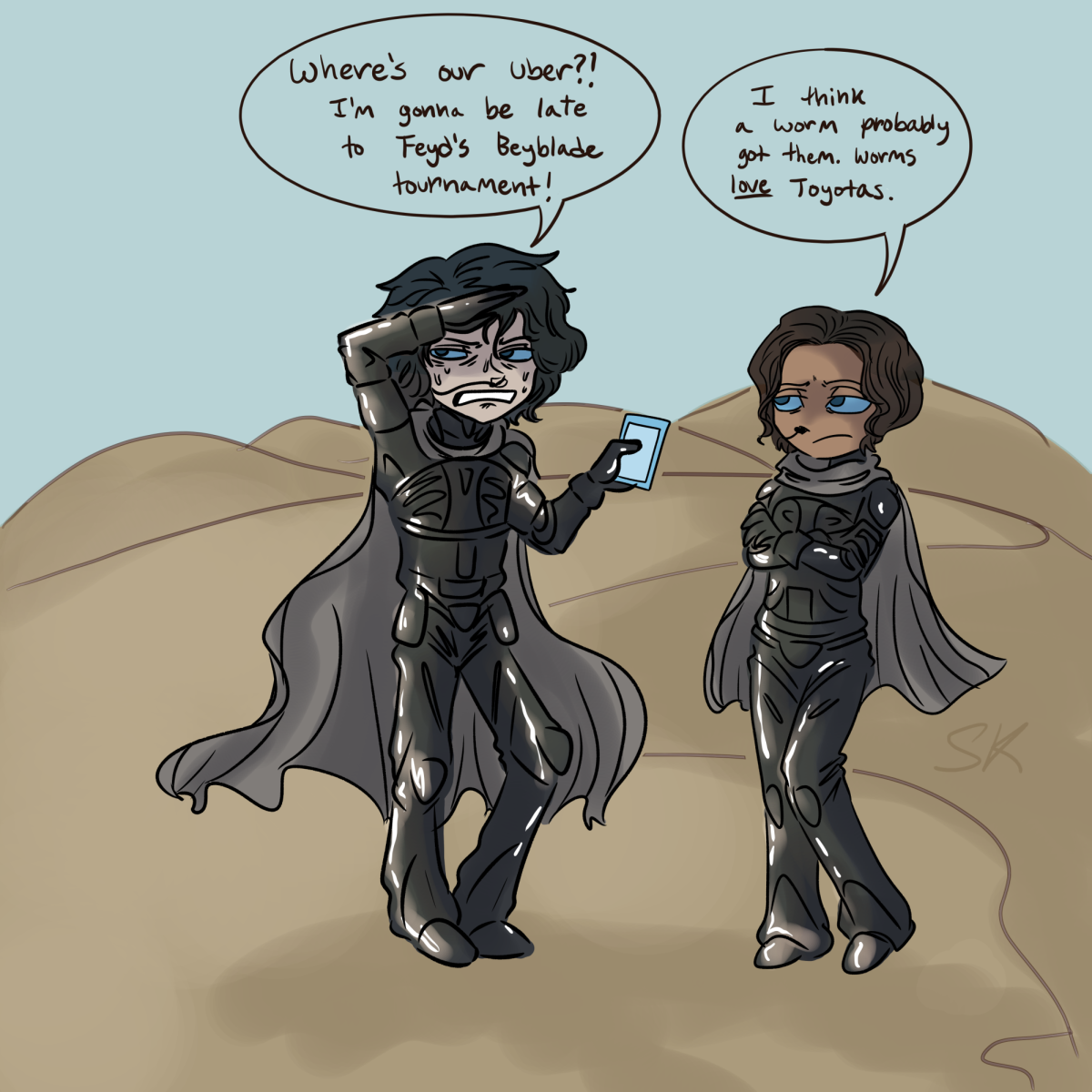From the time I was three years old until I graduated high school at 18, I was a dancer. And I don’t mean that I took a class here and there – it basically consumed my life. As a little girl I wanted nothing more than to be a professional ballerina, but as I got older and it became a serious commitment, I began to see the downfalls.
Dancers are often known for their thin physiques, displayed by nearly every famous ballerina throughout history. Even while dancing at a small town studio, the pressure to remain thin was there, and it came mostly from my peers. I watched daily as young girls stood in front of those unforgiving wall length mirrors and sucked in.
This obsession with weight is not reserved for dancers alone. The saying “thin is in” hides around every corner of popular culture which, as college students, we willingly expose ourselves to. Society’s restrictions on how our bodies should look combined with insecurities many young people naturally face are the perfect grounds for eating disorders. This issue is something that seems to surround NMU’s campus in a very hush-hush manner. Very little educational resources and support systems are available to those suffering with these physical, mental and emotional disorders.
People need to know how to tell if they have a problem and how to find the courage to seek treatment. Many colleges throughout the U.S. have support groups, which act as a weekly group therapy session for those who are suffering or have suffered from eating disorders. According to the National Eating Disorder Association (NEDA), being able to talk to people who have experienced this disease, and can relate, is the most effective treatment. While the psychologist and social workers at NMU Counseling and Consolation can assist with eating disorders, a support group is not offered on NMU’s campus.
NEDA also sets aside a week every February for National Eating Disorder Awareness (this years is the 21-27). The slogan of NEDA’s week is “It’s Time to Talk About It.” During these six days, various educational activities are held throughout the U.S. and Canada. These include presentations by professionals, survivors sharing their stories and community walks. Last year, I remember wondering how this week came and went without a single murmur on NMU’s campus.
There are places at NMU that people can go if they know they need help. Counseling and Consultation Services has an informative page on their Web site with tips on how to overcome an eating disorder, as well as books and Web sites that may be helpful. The health center also offers services and works directly with a nutritionist from Marquette General Hospital. But as a person who has witnessed the many faces of an eating disorder, the treatment options are not the issue. It is having the support around you to realize and admit you have a problem.
College offers the stress, anxiety and acceptance issues that trigger eating disorders. According to the U.S. Department of Health and Human Services, 90 percent of people suffering from eating disorders are between the ages of 12 and 25, and 10-15 percent of them are male. Of that 90 percent, one in 10 will never receive treatment. This is due largely in part to the fact that these people often have trouble admitting they have a problem, or in some cases do not even realize it.
Although those who have witnessed and suffered have firsthand experience on the topic, many lack the knowledge on how to tackle these issues effectively. Not many college students want to be the first to admit that they’ve been there and back. I know there are plenty of brilliant people on this campus who are educated and trained on how to professionally treat these disorders. Someone needs to stand up and fight for those too meek to fight for themselves.
























